如何通过五行元素优化空间的气场环境
在古代东方哲学中,五行(Wu Xing)理论是一种基础的宇宙观,它认为世间万物都可以归结为金、木、水、火、土五种基本元素。这五个元素 not only 代表了物质的基本形态 but also 体现了能量的流动与转换。In the context of Feng Shui, or Chinese geomancy, these elements play a crucial role in creating and maintaining harmonious environments that support health, wealth, and prosperity. By understanding how each element affects our surroundings, we can make informed decisions about the design and layout of spaces to optimize their energetic qualities.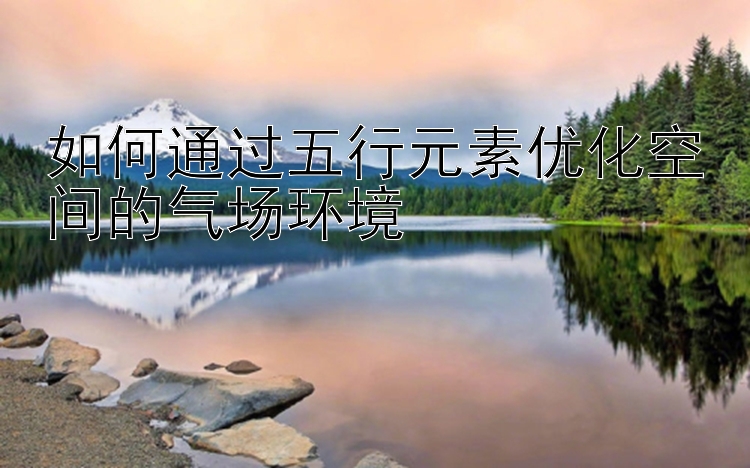
金 (Jīn) - Metal: Representing strength, clarity, and precision, metal is associated with the autumn season and the West direction. In space design, metallic accents such as mirrors, chandeliers, or sculptures can enhance focus and mental sharpness. However, excessive use of metal can lead to feelings of coldness and rigidity, so it's important to balance its presence with warmer elements.
木 (Mù) - Wood: Symbolizing growth, renewal, and creativity, wood corresponds to springtime and the East direction. Introducing plants, living trees, or wooden furnishings into a room brings vitality and supports personal development. Wooden structures and furniture are believed to promote stability and nourishment.
水 (Shuǐ) - Water: Associated with introspection, wisdom, and fluidity, water aligns with winter and the North direction. The presence of water features like fountains, aquariums, or even images of flowing water can calm emotions and stimulate intuition. Too much water energy might create an overly passive atmosphere, so it should be balanced by other elements for optimal effect.
火 (Huo) - Fire: Represents passion, transformation, and illumination. It correlates with summer and the South direction. Candles, fireplaces, or bright lights can infuse warmth and enthusiasm into a space. Overabundance of fire energy could cause restlessness and agitation, thus requiring careful placement and moderation.
土 (Tǔ) - Earth: Embodying stability, grounding, and abundance, earth relates to center points and the Center direction. Natural stones, earthy colors, and organic shapes help establish a solid foundation. A healthy dose of earth energy ensures physical well-being and material security, while excess can lead to stagnation.
To achieve a harmonious flow of energies within a space, consider the following strategies:
- Balance and Moderation: Each area of your home or workplace should have a suitable mix of all five elements, avoiding extremes that may disturb the natural order.
- Directional Alignment: Place objects according to their corresponding compass directions to ensure proper alignment with the environment's natural energies.
- Seasonal Adjustments: Just as nature changes throughout the year, you can adjust your interior decor to reflect seasonal shifts, enhancing the dynamic quality of your living space.
- Color Therapy: Use color schemes that correspond to the properties of each element to influence mood and energy levels. For example, blue hues represent water, green represents wood, red stands for fire, yellow embodies earth, and white/grey tones relate to metal.
- Plant Life Integration: Strategically place live plants around your space to introduce the beneficial aspects of the wood element without causing clutter.
- Feng Shui Arrangement: Follow principles of Feng Shui when placing furniture and decorations to encourage positive chi (energy) circulation and avoid stagnant areas where negative energies might accumulate.
- Personal Sensitivity: Understand your own preferences and sensitivities regarding different elements. Personalize your space to best suit your individual needs and desires.
By incorporating the principles of the Five Elements into your spatial design, you can create a vibrant, supportive environment that enhances your life on multiple levels—physical, emotional, spiritual, and financial.
-
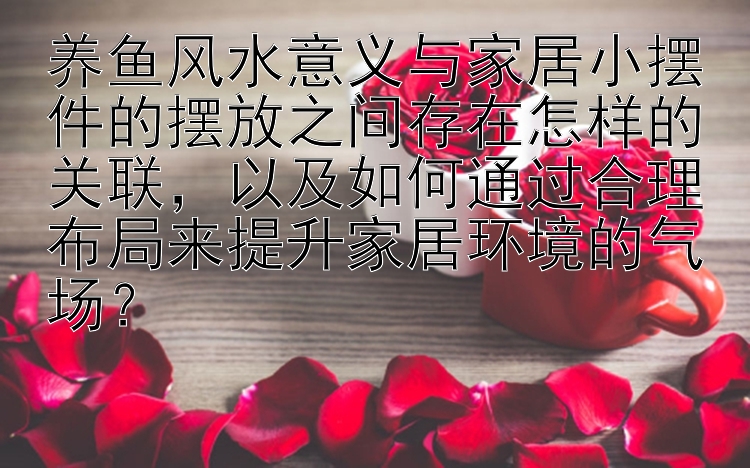
养鱼风水意义与家居小摆件的摆放之间存在怎样的关联,以及如何通过合理布局来提升家居环境的气场?
2024-10-060 人看过在中国传统文化中,风水学是一门关于环境与宇宙规律的学问,它旨在利用自然环境和人工布局来改善人们的生活品质。而养鱼与家居小摆件的摆放,作为风水中常见的元素,被认为可以通过合理的布...
-
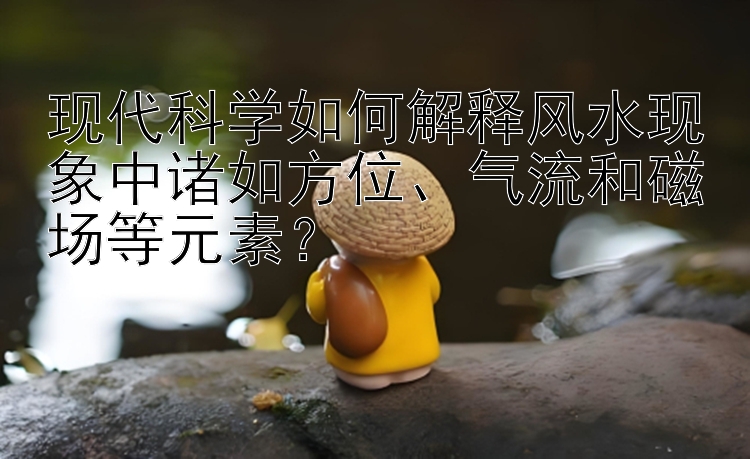
现代科学如何解释风水现象中诸如方位、气流和磁场等元素?
2024-10-060 人看过在现代科学领域,对于风水现象中诸如方位、气流和磁场等元素的解释,通常会涉及到地理学、物理学、心理学以及建筑学等多个学科。以下是现代科学对这些元素的一些解释:方位: 在风水学...
-
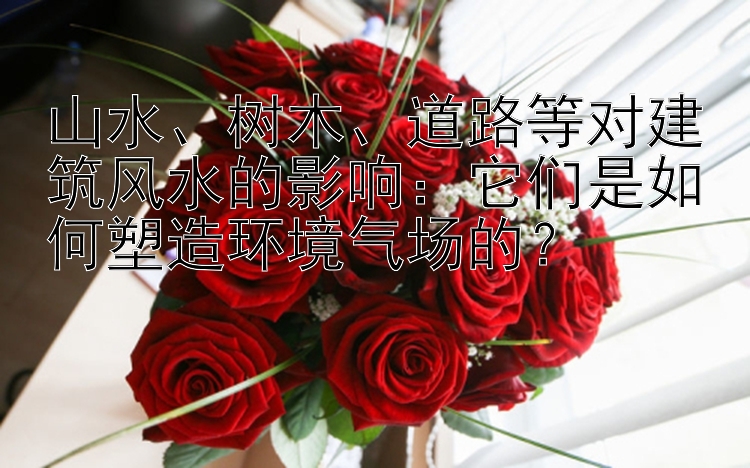
山水、树木、道路等对建筑风水的影响:它们是如何塑造环境气场的?
2024-10-060 人看过在风水学中,山水、树木、道路等自然景观和人工构造,被认为对建筑环境的气场有着深远的影响。风水,源自古代中国的一种哲学思想,旨在追求人与自然环境的和谐共存。它认为宇宙间所有的物体...
-
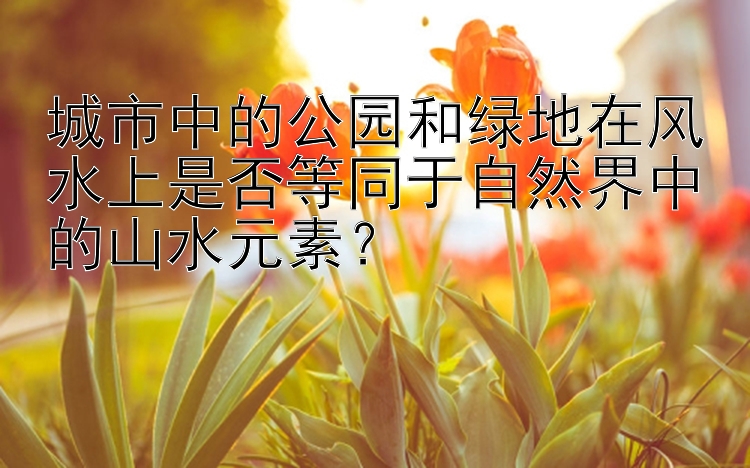
城市中的公园和绿地在风水上是否等同于自然界中的山水元素?
2024-10-060 人看过在中国传统的风水学中,山水被视为两大基本元素,它们影响着环境的能量流动和人居的吉凶。山代表着稳定和支持,水则象征着财富和流动性。在现代城市环境中,高楼大厦取代了自然的山脉,而河...
-

《风水中不同方位的电梯位置对气场有何影响,以及这些位置的含义是什么?》
2024-10-060 人看过在风水学中,住宅或办公场所的不同方位被赋予了特定的含义,每个方位都与不同的能量和气场相对应。电梯作为现代建筑中常见的垂直交通工具,其在建筑中的位置也会对整体气场产生影响。以下是...
-
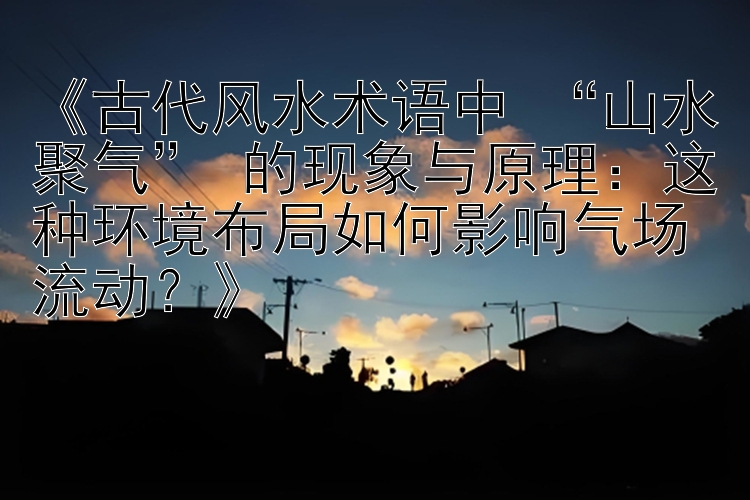
《古代风水术语中 “山水聚气” 的现象与原理:这种环境布局如何影响气场流动?》
2024-10-060 人看过在中国古代风水学中,“山水聚气”是一个重要的概念,它涉及到如何通过合理的环境布局来引导和汇聚气场,以达到和谐与积极的能量流动。风水学认为,气是生命之源,它流动于天地之间,影响着...
-

《风水中的“气场干扰”与电磁辐射之间是否存在关联?》
2024-10-060 人看过在风水学中,“气场干扰”是一个至关重要的概念,它涉及到环境中无形之气的流动与变化,以及这些气如何影响人们的运势和健康。风水师通常会通过调整环境布局、摆设物品、甚至是改变建筑结构...
-
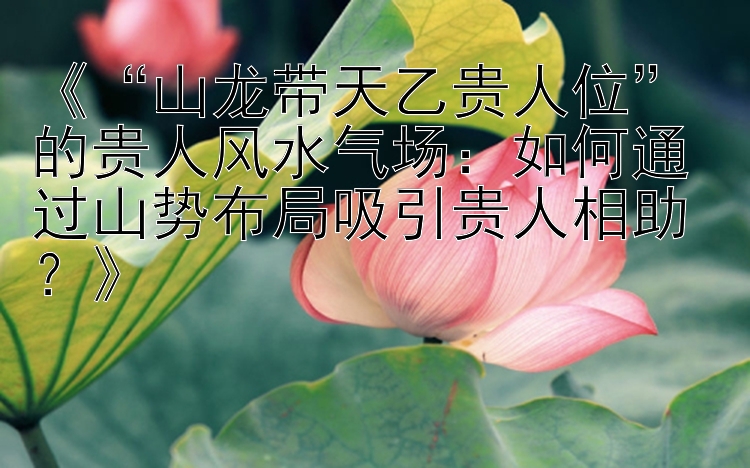
《“山龙带天乙贵人位” 的贵人风水气场:如何通过山势布局吸引贵人相助?》
2024-10-060 人看过在中国传统的风水学中,山势的布局被认为与居住者的运势和贵人相助有着密切的关系。其中,“山龙带天乙贵人位”是风水学中一种特殊的山势布局,它能够为居住者带来贵人的帮助和机遇。今天,...
-
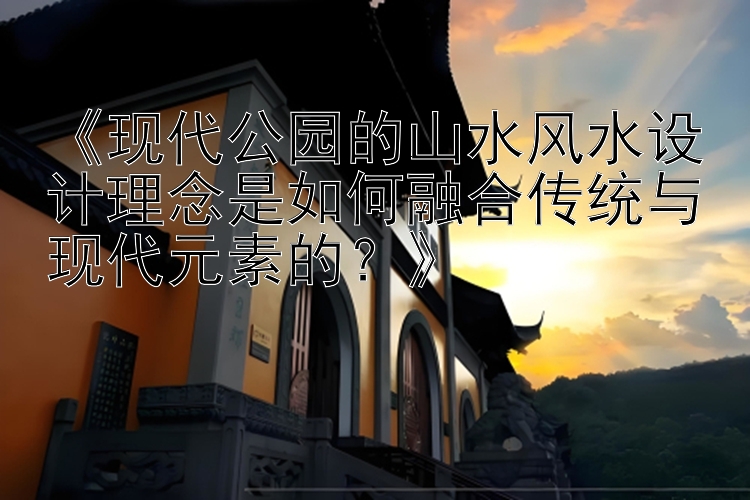
《现代公园的山水风水设计理念是如何融合传统与现代元素的?》
2024-10-060 人看过在中国传统文化中,风水学是一种关于环境与宇宙规律的哲学体系,它强调人与自然环境的和谐共存。现代公园作为城市中的绿地空间,不仅承担着休闲娱乐的功能,更是一种文化与艺术的体现。在现...
-
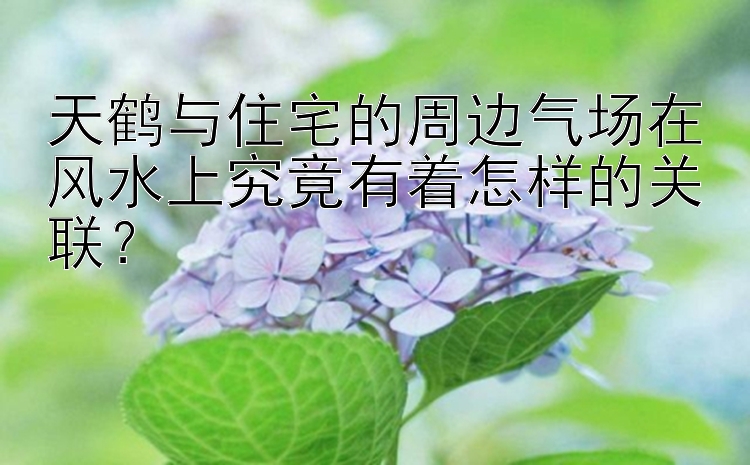
天鹤与住宅的周边气场在风水上究竟有着怎样的关联?
2024-10-060 人看过在中国传统文化中,天鹤被视为吉祥的象征,常与长寿、福禄和智慧联系在一起。在风水学中,天鹤的形象也被广泛应用,用以调整住宅周边的气场,以求达到和谐、平衡的状态,从而为居住者带来好...